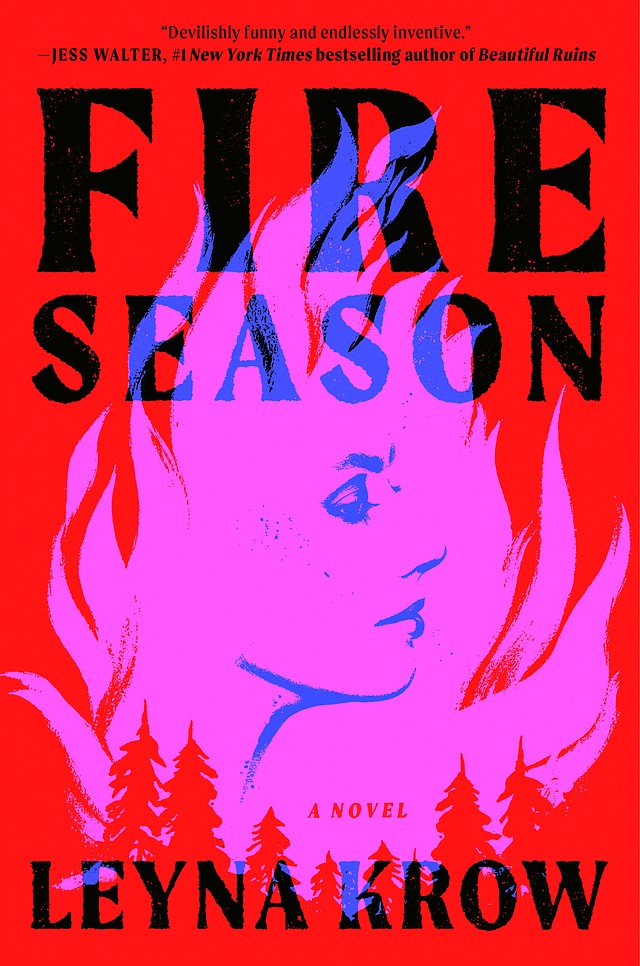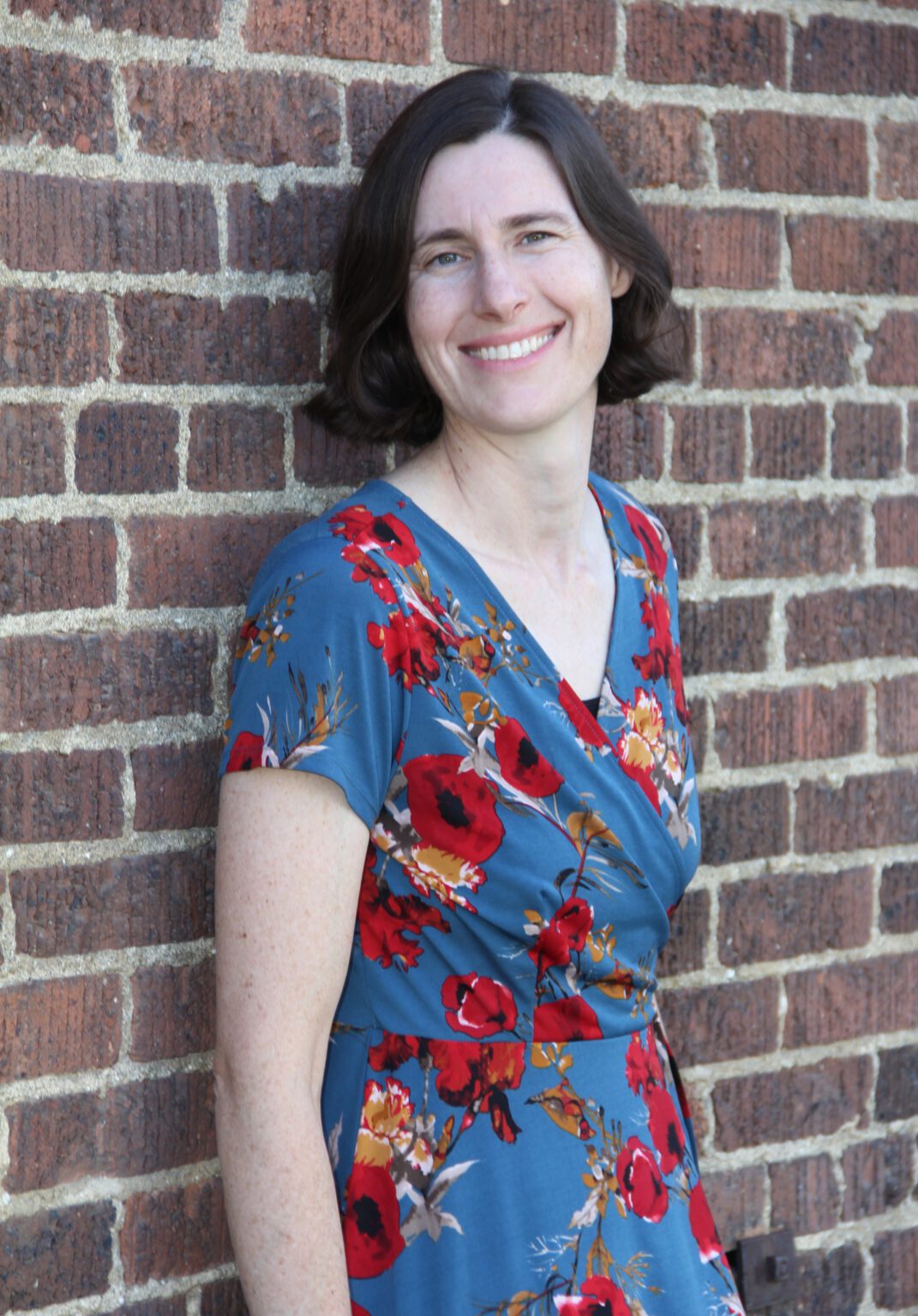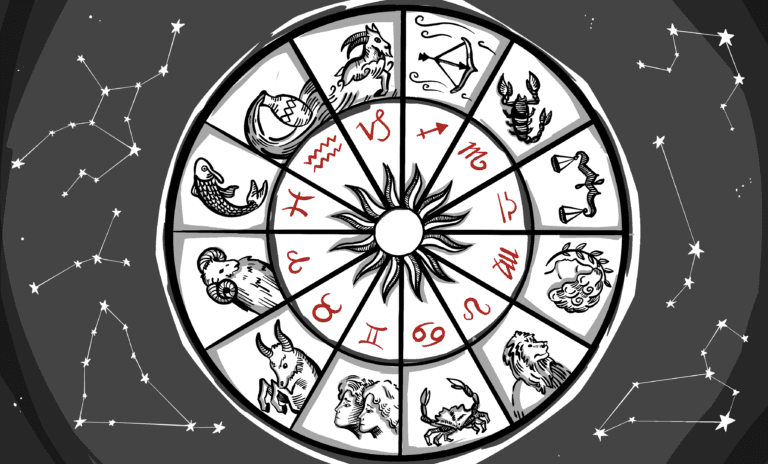Historical novels are close cousins to science fiction. Both require the convincing rendering of a foreign world, and both ask the writer and the reader to occupy a place they can never visit while caring about the people who live there.
The writer of science fiction might actually face the easier task. Give us a 10-foot blue talking kangaroo and we are inclined to give the writer a little leeway. A lady named Roslyn living in Spokane in 1889? Well, we feel we have a good sense of what she might be like. So the writer has to be dead on the mark, creating a plausibly living being while propelling her around a strange world. Our baloney meter is on high alert.
Spokane resident Leyna Krow’s new novel “Fire Season” gives us that lady named Roslyn, who works out of the local brothel, and her sometime-client Barton Heydale, who runs the bank, and Barton’s eventual rival, Quake Auchenbaucher, a serial swindler.
In the aftermath of Spokane’s Great Fire — the historical event that sits at the heart of this book — Barton begins stealing cash from the bank, secreting great wads of it in the walls of his house. Roslyn, displaced when the brothel burns, is taken in by Barton, who tells her the town suspects her of causing the fire. She is addled by what appears to be an opium-laced drink, and Barton takes full advantage of her vulnerability, keeping her prisoner.
Quake, making his conniving rounds of pre-statehood Washington Territory, sniffs out a possible mark in the ruins of the still-smoldering city, passing himself off as an official “inspector” and eventually making away not only with Roslyn but also with what remaining cash Barton had not managed to grab.
This could be fun. Who doesn’t love a good heist story? Who isn’t entertained by a convincing con artist? Who isn’t at least a little intrigued by the old cities of the Northwest, before we became what we are today? And there is at least a congenial lightness to this book. Barton threatens to kill himself, but does not. Roslyn is a drug-addicted prostitute but recovers her senses and her wits, enough to become a schoolteacher in San Francisco. Quake loses his money but evades serious punishment.
 In Krow’s novel, the three protagonists are remarkably under-realized. One has the impression of a pile of beige pillows being variously arranged. Minor characters emerge and vanish without consequence. (Image courtesy of Penguin Random House)
In Krow’s novel, the three protagonists are remarkably under-realized. One has the impression of a pile of beige pillows being variously arranged. Minor characters emerge and vanish without consequence. (Image courtesy of Penguin Random House)
On the other hand, the reader will not feel particularly concerned for anyone at any point, and there is the inexplicable sense that the writer doesn’t really care about any of it either. The three protagonists are remarkably under-realized. One has the impression of a pile of beige pillows being variously arranged. Minor characters emerge and vanish without consequence, and even Quake, the book’s third principal, does not appear until very late.
Roslyn is revealed — a good way into the novel — to be a sort of magician. She can astral-project herself around the city, make people do things just by thinking them and can see the future. This is meant to account for a descent into dependency and prostitution, a life which, like everything else in the book, is pallid, flimsy and unconvincing.
This almost complete lack of texture is especially noticeable given the novels “Fire Season” must be compared to. While any novelist must inhabit an imagined world entirely, wearing it like a suit of gravel and flesh, contemporary writers of the historical American West have done so with extraordinary energy and virtuosity.
Off the top of one’s head: Ron Hansen’s spectacular “The Assassination of Jesse James by the Coward Robert Ford,” which offers more grit and substance in its first three pages than in Krow’s entire novel (really, Hansen’s opening chapter must be read to be believed).
Annie Proulx’s various hard-bitten ranchers and dreamers live from moment to moment in the dust and grime of their places and passions. E.L. Doctorow’s hilarious and excruciating “Welcome to Hard Times,” in which a Dakota Territory town is invaded by a ruthless maniac. And Denis Johnson, Kevin Canty and even the typically dreamy Annie Dillard come down to earth in “The Living,” the great novel of Bellingham and Whatcom County. All are writers of muscular energy and vivid particularity.
So what happened with “Fire Season?” It is impossible to know exactly. One suspects a lack of passion combined with an evident lack of courage (all the protagonists evince suspiciously contemporary opinions about race and sex, as though the writer is afraid to render an unflattering thought). But it takes a long time to write a novel, let alone sell and publish one, and many early attempts — this is Krow’s second book, first novel — are in fact exercises that help one get to the next project. Krow has an eye for the interesting scenario, the intriguing setup, the outsized character. All promising, at least. We all get better, or can.




